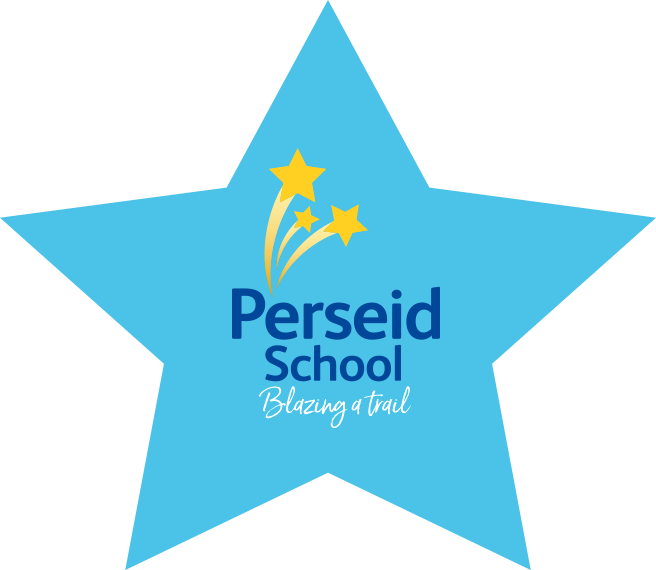Survey of parents using the NHS Special Schools Eye Care Service by SeeAbility
SeeAbility currently provides this NHS funded service across 33 school sites in London under a contract adhering to a NHS service specification. Prior to 2021 we were delivering a similar model of care in a smaller number of schools as a fundraised project.
The team is made up of 12 optometrists and 8 dispensing opticians, the majority of whom also work in other settings (such as hospitals and optical practices). The team is supported by 2 administration assistants, a practice manager and part time clinical lead. This also enables us to offer training to school staff.
Last year (April 2022 – March 2023) we provided 2799 full eye tests and dispensed 1800 pairs of glasses and carried out repairs and adjustments to glasses as required. All parents receive a user friendly report on their child’s eyesight and vision.
SeeAbility has run annual satisfaction surveys with parents to enable us to make the case for this model of eye care delivery and learn from feedback to continuously improve.
This year we opened a survey in early March 2023 using Microsoft Forms. The survey closed at the start of April 2023, to enable analysis for the spring school term and for our SeeAbility Impact Report which is published each September.
For ease of use for SEND parents, the questions were mostly based on a five point Likert Scale of strongly agree, agree, neither agree or disagree, disagree or strongly disagree to a number of statements. Parents could choose to anonymously fill in the survey if they wished (only 6 did anonymously).
2186 questionnaires were emailed to parents currently using the service. 11 responses were excluded from the analysis as they were sent to parents of children no longer under the care of the service who had moved school. Therefore of 2175 parents using the service currently there were 414 responses = 19% response rate
- Of the 405 parents who responded to the question ‘Has your child received glasses from SeeAbility?’, 172 said yes (42%).
Results
Results came back from parents across all schools which SeeAbility supports. The following statistics provide a summary from the feedback of 414 parents:
Overall satisfaction
There were high satisfaction rates with the service.
97% of parents agreed or strongly agreed they were happy with the service they and their child receives from SeeAbility. Of these 78% strongly agreed. Most of the remainder (2.9%) neither agreed or disagreed and 1 parent disagreed which is being followed up.
98% of parents agreed or strongly agreed they would recommend the SeeAbility eye care service to other parents. Of these 78% strongly agreed. Of the 2% remainder of parents most were neutral with two cases of disagreement being followed up.
Of the 172 parents who reported that their children had glasses from SeeAbility:
- 98% of parents agreed or strongly agreed they were happy with the glasses they received from SeeAbility.
- 83% of parents strongly agreed.
Strong support for the benefits of in school eye care
- 98% of parents agreed or strongly agreed when asked if there should be a special schools eye care service in every special school in England.
- The remainder 2% were neutral.
- 85% strongly agreed.
“Children feel safer in a school environment and that is the best place for them to be checked and this service really helps children with disabilities come to terms with their vision that high street or doctors can’t do.”
Previous published data shows 44% of special school students have a history of hospital eye care, 44% no eye care history and 10.7% had ever accessed a community optical practice.
85% of parents said the first choice to receive eye care for their child would be their special school. 12% said hospital and of the remainder 1.7% said opticians. 2 parents said at home. A similar number of parents (84%) said their first choice for glasses dispensing would be school.
Even for parents who indicated a first choice preference for hospital services there was still recognition of the benefits in school and strong agreement the service should be in every special school.
“Seeability has really helped and understood my daughter’s complex needs and makes her experience a really comfortable and happy one, they are amazing!”
“As well as going to see my son in school, they involved me in decision making and responded well to any concerns I had relating to the comfort of my sons glasses.”
Collaboration and communication
Parents are invited to attend the sight test in school, although the majority choose not to. However, they receive a plain English report after the sight test and follow up contact, so we asked how much parents understand more about their child’s vision.
- 93% of parents agreed or strongly agreed that they understood more about their child’s vision.
- 66% of parents strongly agreed.
- Of the remainder again most were neutral and 4 parents disagreed.
The area for most follow up was based on communication but feedback was still positive. 84% of parents agreed or strongly agreed they knew how to contact the SeeAbility eye care team if needed. While most of the other responses neither agreed or disagreed, 6% (25 parents) disagreed.
Gaining and sustaining glasses wear
Parents often commented on how hard it has been to get glasses or for their child to get used to glasses. 77% of parents agreed or strongly agreed the SeeAbility service had helped their child to wear their glasses successfully. 20% of parents were neutral here, and 6 parents disagreed.
Areas for improvement
Where there was disagreement around elements of the Service these are being followed up individually. Despite almost universal satisfaction, the most comments in relation to improving the service were knowing how to the contact the team.
This could be a symptom of the ‘opt out’ commissioned model which was designed to help ensure as many children were seen, and prompts discussion as to whether changing to a ‘opt in’ model of care might be better to more clearly establish a relationship between parents/carers and the clinical team. This is especially around the ongoing support needed with glasses.

























